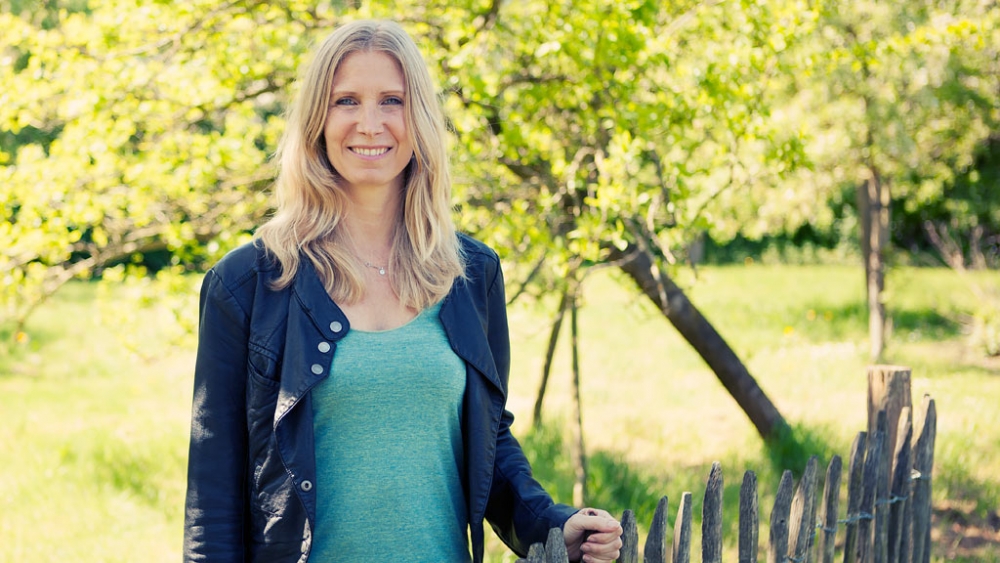The first of the four noble truths of Buddhism is that life is suffering. This doesn’t mean that life is only suffering – there are, of course, many beautiful aspects to life – it just means that no one can live their life without facing some amount of suffering. In light of this fact, it’s helpful to take a closer look at it.
You can suffer in many ways. You can suffer mentally and physically. You can suffer from grief of loss, or you can suffer from insecurity, doubting every decision you make – believing you could/should have done something different or better. You can suffer from obsessive thinking. You can suffer from aching joints, pain in your back or from aging.
The mind as a garden
So what do we do with suffering? First of all, I’d like to establish that suffering happens in the mind. Even when the pain seems physical, it’s the mind that creates the suffering.
Suffering happens in the mind. Even when the pain seems physical, it’s the mind that creates the suffering.
There are very happy sick people. Not everyone suffers from the same things. The mind creates its own story around it.
I like the analogy of comparing the mind with a garden. Firstly – be with the garden. Observe what is going on, the state the garden is in. You don’t do anything about it, you just take stock. The willingness to just be with it gives you insight into what needs to be done to make the garden healthier. Secondly – start pulling weeds, and thirdly – plant flowers. You let it be, you let it go and then you let it in!
Bringing it together
Let’s translate these 3 ways to the mind:
- Be with what is there. When you are in a state of suffering, you witness it, you observe it, if possible with a quality of acceptance, without trying to change it. Simply be with what is.
- Next, try to gently and appropriately reduce the negative. We consciously let emotions flow, we inquire into our pain. We see what (old) beliefs are in our way and we begin to let them go. We reduce the negative. It could well be that you need the help of someone else (a professional) to hold the space while letting go of old ‘stuff’.
- Lastly, increase the positive. Begin to cultivate wholesome qualities of mind and heart, and take in the good. Letting positive experiences sink in changes the chemistry of the brain. For example, practise yoga to enable you to develop your strength, openness and relaxation. Go for a walk in the forest and let nature fill you with beauty. Find inspiring people to spend time with, read inspiring books and let wisdom in.
The impermanence of life
Another big Buddhist concept that might be helpful in the midst of suffering is the impermanence of life – also known as anicca. Nothing stays the same and everything changes constantly. Applying this knowledge to suffering might help you to step back a little, knowing this (suffering) too shall change!
It is by becoming aware of the concept of impermanence, by observing it and by understanding it, that one can find a suitable remedy for, and achieve liberation from, the sorrow of human life.
Sometimes actively working with the mind is just what you need to move beyond the mind.
I hope this helps!
Love,
Esther
- If you enjoyed this article, you might also find the following videos helpful: Letting go of control and Dealing with loss.

